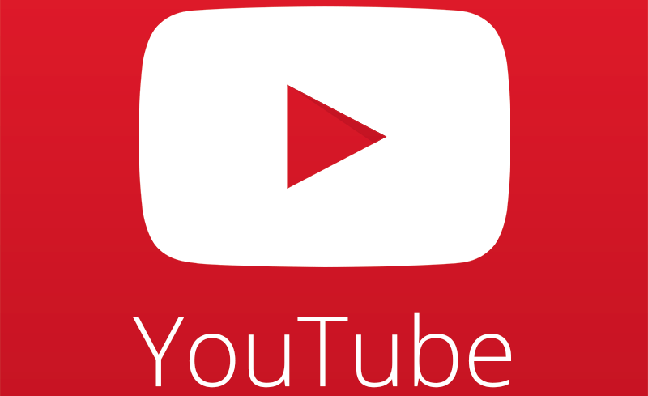A new Google-commissioned report has come under fire from the BPI and IFPI, after it claimed that YouTube is not having an adverse effect on the music business.
The new report suggests that YouTube is not having a negative impact on the music industry, stating “without YouTube, 85% of time spent listening to it would be lost or shifted to lower or similar value channels”.
The RRB Economics report claims that in the 12 months to December 2016 one video streaming platform, YouTube, paid out over $1 billion to the music industry from advertising alone. It also highlights the platform’s promotional benefits for artists.
Furthermore, the report states “without YouTube, 85% of time spent listening to YouTube would be lost or shifted to lower or similar value channels”.
Its research also suggests that, without YouTube, around 50% of the time spent listening to music would be diverted to non-music activities, while also indicating that users would be forced towards file sharing and piracy as a means of consuming music.
However, the BPI and IFPI are unconvinced by the report's claims.
“Despite its misleading headlines, the data in this Google-commissioned report reinforces the fact that YouTube is having a negative impact on revenues from recorded music,” said Geoff Taylor, chief executive, BPI and the BRIT Awards. “RBB’s report for Google confirms that a significant proportion of YouTube consumption would move to onto a higher value service if music were not available on YouTube.
“RBB’s data shows that nearly a fifth of YouTube usage in the UK would divert onto higher value platforms, such as paid subscription services. If that usage were evenly distributed among YouTube’s users and 19% of YouTube users chose to take out a music subscription, it would generate approximately £415 million per annum additional retail spend on music - doubling the current value of the UK streaming market. Even if only half this number chose to subscribe, the shift would still make an enormous difference to the UK’s artists, songwriters and labels and to the growth of our digital music sector.
Taylor continued: “This data therefore reinforces the argument that creators have been making about the Value Gap for some time. YouTube continues to rely on a legal loophole to pay only a tiny fraction of the rate that competing services such as Spotify and Apple pay for music This patently unfair distortion in the digital content market must be fixed once and for all, and we again call on the UK Government and on EU policymakers to clarify that online platforms must secure fair arms' length licences for the content that they commercially exploit."
The IFPI also issued a statement dismissing the report’s findings.
"Google's latest publicity push once again seeks to distract from the fact that YouTube, essentially the world's largest on-demand music service, is failing to license music on a fair basis and compensate artists and producers properly, by claiming it is not liable for the music it is making available,” the statement read.
“Record companies invest in artists, their music and the systems that support the evolution of the digital music business – licensing more than 40 million tracks across hundreds of digital services around the world. As the Global Music Report data just made clear, music fans are increasingly willing to engage with licensed streaming services. However, services like YouTube, that are not licensing music on fair terms, hinder the development of a sustainably healthy digital music market.
“Rather than Google/YouTube’s ‘my way or the highway’ approach, where they say they can't behave as other digital music services do, legislative action is required to address the ‘value gap’ that is denying music creators a fair return for their work and investment so that the recent upturn will be sustainable for the long term.”









